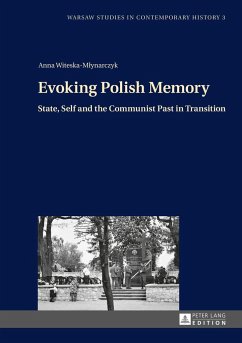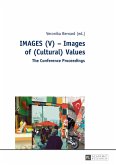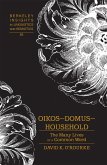The book offers an interdisciplinary but very grounded look at the question of memory politics in contemporary Poland. It describes the conflicting ways in which two groups of people - the former anti-communist activists and the former officers of the repressive regime - have actively engaged in representations and claims about the communist past in the contemporary reality of one Polish town. The material is based on ethnographic fieldwork conducted during the years 2006-2008. The author focuses on the processes of reconstruction of memories and subjectivities taking place at the intersection of individuals, civic society, state bureaucracy and politics. The book focuses on the beliefs, hopes and fears of people who became the subjects of historical policy during their lifetimes.
«Insgesamt hat Anna Witeska-Mlynarczyk ein dichtes, sehr anregendes und höchst lesenswertes Buch geschrieben, in dem persönliche Schicksale exemplarisch mit ihren Erinnerungsstrategien in Nahaufnahme präsentiert werden, gleichzeitig aber auch zur abstrakteren Reflexion über Kanäle und Wege der Erinnerung sowie eigene Denkmuster anregen.» (Dorothea Traupe, Zentrum für Interdisziplinäre Polenstudien)








